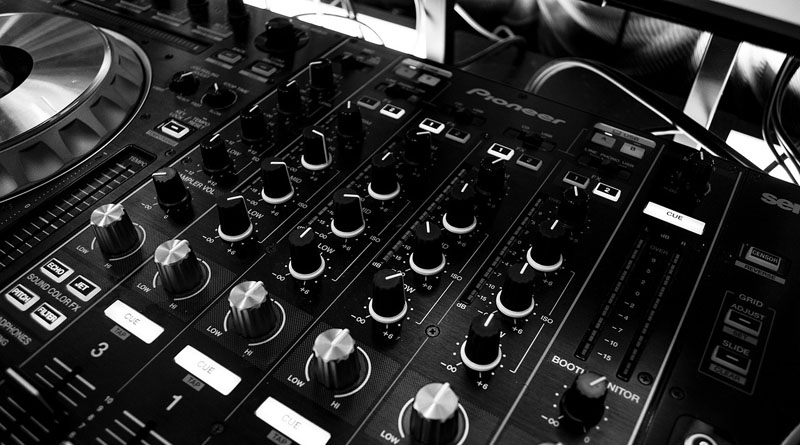
The Future of Music Industry: How AI is Transforming Job Markets and Skills
January 23, 2025The music industry, a dynamic and ever-evolving landscape, has undergone significant transformation over the past few decades, driven largely by technological advancements. Among these, artificial intelligence (AI) stands out as a revolutionary force that is reshaping not only how music is created, distributed, and consumed but also the job markets and skill sets required within the industry. As we delve into the implications of AI in music, it becomes clear that while the technology presents opportunities for innovation and efficiency, it also poses challenges that demand a re-evaluation of professional roles and competencies in this vibrant sector.
Historically, the music industry has been characterized by its reliance on human creativity and craftsmanship. Musicians, producers, sound engineers, and marketing professionals have traditionally formed the backbone of the industry, each contributing their unique skills to the creation and promotion of music. However, the advent of AI has introduced a paradigm shift in this dynamic.
AI-driven tools are now capable of composing music, producing high-quality audio, and even mastering tracks with minimal human intervention. Algorithms can analyze vast datasets of existing music to generate new compositions that adhere to popular trends or even mimic the styles of renowned artists. For instance, platforms like Amper Music and AIVA allow users to create original music using AI, democratizing music production and enabling individuals without formal training to participate in the creative process.
The implications of AI on job markets within the music industry are profound. On one hand, the automation of certain tasks – such as audio mixing and mastering – can lead to a reduction in demand for traditional roles. Sound engineers and producers may find their services less essential as AI tools become more sophisticated and accessible. On the other hand, the emergence of AI also creates new opportunities for professionals who can bridge the gap between technology and creativity. Roles such as AI music curators, data analysts, and technologists who specialize in developing and maintaining AI tools will be increasingly valuable. Moreover, musicians and composers who embrace AI as a collaborative partner rather than a replacement will likely find new avenues for creativity and expression.
In addition to changing job roles, AI is also altering the skills required to succeed in the music industry. As AI technologies become more integrated into music production and distribution, professionals will need to develop a hybrid skill set that encompasses both artistic sensibilities and technological proficiency. Understanding how to leverage AI tools for composition, production, and marketing will be essential for future music industry professionals. For example, musicians may need to familiarize themselves with AI-based music distribution platforms that analyze listener preferences and optimize marketing strategies. Similarly, marketing professionals will need to harness data analytics to understand audience behavior and tailor promotional efforts effectively.
Furthermore, the ethical implications of AI in music must be considered. The ability of AI to generate music raises questions about authorship, originality, and copyright. As AI-generated compositions become more prevalent, the industry must grapple with the implications for intellectual property rights and the value of human creativity. The challenge lies in balancing the innovative potential of AI with the need to protect the rights and livelihoods of human artists. Establishing clear guidelines and frameworks for the use of AI in music production will be crucial in navigating these complex issues.
In conclusion, the future of the music industry is inextricably linked to the evolution of artificial intelligence. While AI offers unprecedented opportunities for creativity, efficiency, and accessibility, it also presents challenges that necessitate a re-evaluation of job markets and skill sets. As the industry adapts to these changes, professionals will need to embrace a mindset of lifelong learning, cultivating both artistic and technological competencies to thrive in an AI-driven landscape. Ultimately, the successful integration of AI in the music.
[17 total views]

